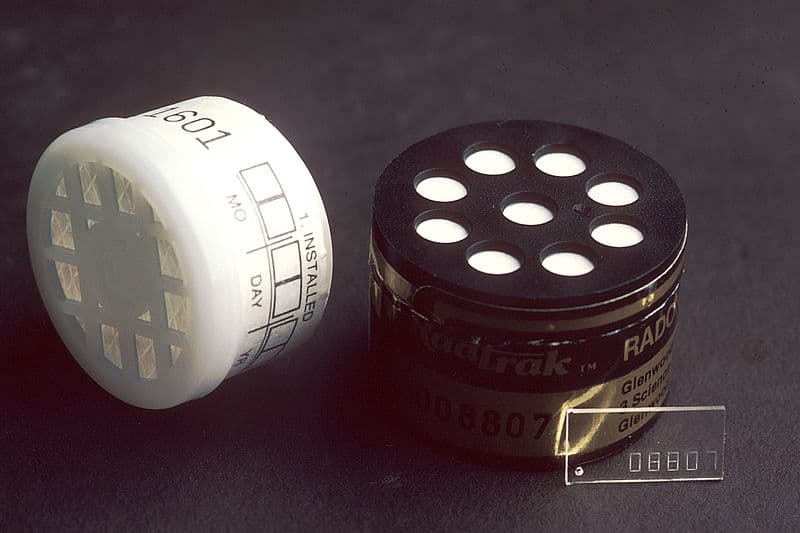
Governor John Hickenlooper declared Sunday that January 2017 is Radon Action Month in Colorado.
But what is this mysterious radon? And why does it have its own action month?
If you are unfamiliar with radon, it is a colorless and odorless gas produced when naturally occurring uranium in soil degrades. It is also a silent killer.
Radon is the second leading cause of lung cancer in the United States, having been linked to as many as 21,000 cases per year nationwide, according to the U.S Environmental Protection Agency.
In Colorado, 500 cases of lung cancer per year are estimated to be caused by radon.
The EPA recommends homeowners monitor the air quality of their houses, as radon can seep in through cracks and holes in the home's foundation. If water is sourced from a well, homeowners should have that checked as well.
According to the EPA, the radon level in a home should measure no more than 4 pico Curies per liter.
Colorado ranks seventh in the nation for radon risk.
Due to the state's mineral rich geology, about half of Colorado homes have radon levels higher than the recommended amount.
The Colorado Department of Public Health and Environment uses data from home test kit companies to monitor home ratings. Chrystine Kelley, radon program manager for CDPHE said the average home rating is 6.7 pico Curies per liter, but they've seen homes with ratings from 0-1,000.
CDPHE urges homeowners to remain vigilant, because the only way to know a home's radon content is through testing. And ratings can vary drastically, even neighbor to neighbor.
“Testing your home for radon is simple and works best when all your doors and windows are closed,” Chrystine Kelley, radon program manager for the Colorado Department of Public Health and Environment said in a statement. “That’s why January is a great time to test, during National Radon Action Month.”
Do it yourself radon test kits are available at home improvement stores for anywhere from $10 to $50, or kits can be ordered online from the National Radon Program for $15 to $25.
Since mitigation procedures can cost on average $800-$1,200, CDPHE also offers financial assistance for lower income families.
Multimedia business & healthcare reporter Chloe Aiello can be reached via email at [email protected] or twitter.com/chlobo_ilo.
Subscribe to Denverite’s newsletter here.













